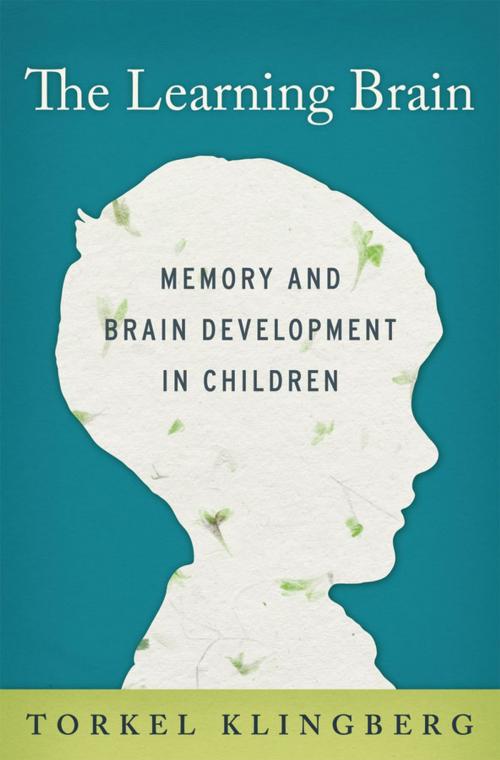The Learning Brain:Memory and Brain Development in Children
Memory and Brain Development in Children
Nonfiction, Family & Relationships, Parenting, Child Development, Health & Well Being, Psychology, Child & Adolescent| Author: | Torkel Klingberg | ISBN: | 9780199986859 |
| Publisher: | Oxford University Press, USA | Publication: | September 26, 2012 |
| Imprint: | Oxford University Press | Language: | English |
| Author: | Torkel Klingberg |
| ISBN: | 9780199986859 |
| Publisher: | Oxford University Press, USA |
| Publication: | September 26, 2012 |
| Imprint: | Oxford University Press |
| Language: | English |
Despite all our highly publicized efforts to improve our schools, the United States is still falling behind. We recently ranked 15th in the world in reading, math, and science. Clearly, more needs to be done. In The Learning Brain, Torkel Klingberg urges us to use the insights of neuroscience to improve the education of our children. The key to improving education lies in understanding how the brain works: that is where learning takes place, after all. The book focuses in particular on "working memory"--our ability to concentrate and to keep relevant information in our head while ignoring distractions (a topic the author covered in The Overflowing Brain). Research shows enormous variation in working memory among children, with some ten-year-olds performing at the level of a fourteen-year old, others at that of a six-year old. More important, children with high working memory have better math and reading skills, while children with poor working memory consistently underperform. Interestingly, teachers tend to perceive children with poor working memory as dreamy or unfocused, not recognizing that these children have a memory problem. But what can we do for these children? For one, we can train working memory. The Learning Brain provides a variety of different techniques and scientific insights that may just teach us how to improve our children's working memory. Klingberg also discusses how stress can impair working memory (skydivers tested just before a jump showed a 30% drop in working memory) and how aerobic exercise can actually modify the brain's nerve cells and improve classroom performance. Torkel Klingberg is one of the world's leading cognitive neuroscientists, but in this book he wears his erudition lightly, writing with simplicity and good humor as he shows us how to give our children the best chance to learn and grow.
Despite all our highly publicized efforts to improve our schools, the United States is still falling behind. We recently ranked 15th in the world in reading, math, and science. Clearly, more needs to be done. In The Learning Brain, Torkel Klingberg urges us to use the insights of neuroscience to improve the education of our children. The key to improving education lies in understanding how the brain works: that is where learning takes place, after all. The book focuses in particular on "working memory"--our ability to concentrate and to keep relevant information in our head while ignoring distractions (a topic the author covered in The Overflowing Brain). Research shows enormous variation in working memory among children, with some ten-year-olds performing at the level of a fourteen-year old, others at that of a six-year old. More important, children with high working memory have better math and reading skills, while children with poor working memory consistently underperform. Interestingly, teachers tend to perceive children with poor working memory as dreamy or unfocused, not recognizing that these children have a memory problem. But what can we do for these children? For one, we can train working memory. The Learning Brain provides a variety of different techniques and scientific insights that may just teach us how to improve our children's working memory. Klingberg also discusses how stress can impair working memory (skydivers tested just before a jump showed a 30% drop in working memory) and how aerobic exercise can actually modify the brain's nerve cells and improve classroom performance. Torkel Klingberg is one of the world's leading cognitive neuroscientists, but in this book he wears his erudition lightly, writing with simplicity and good humor as he shows us how to give our children the best chance to learn and grow.















